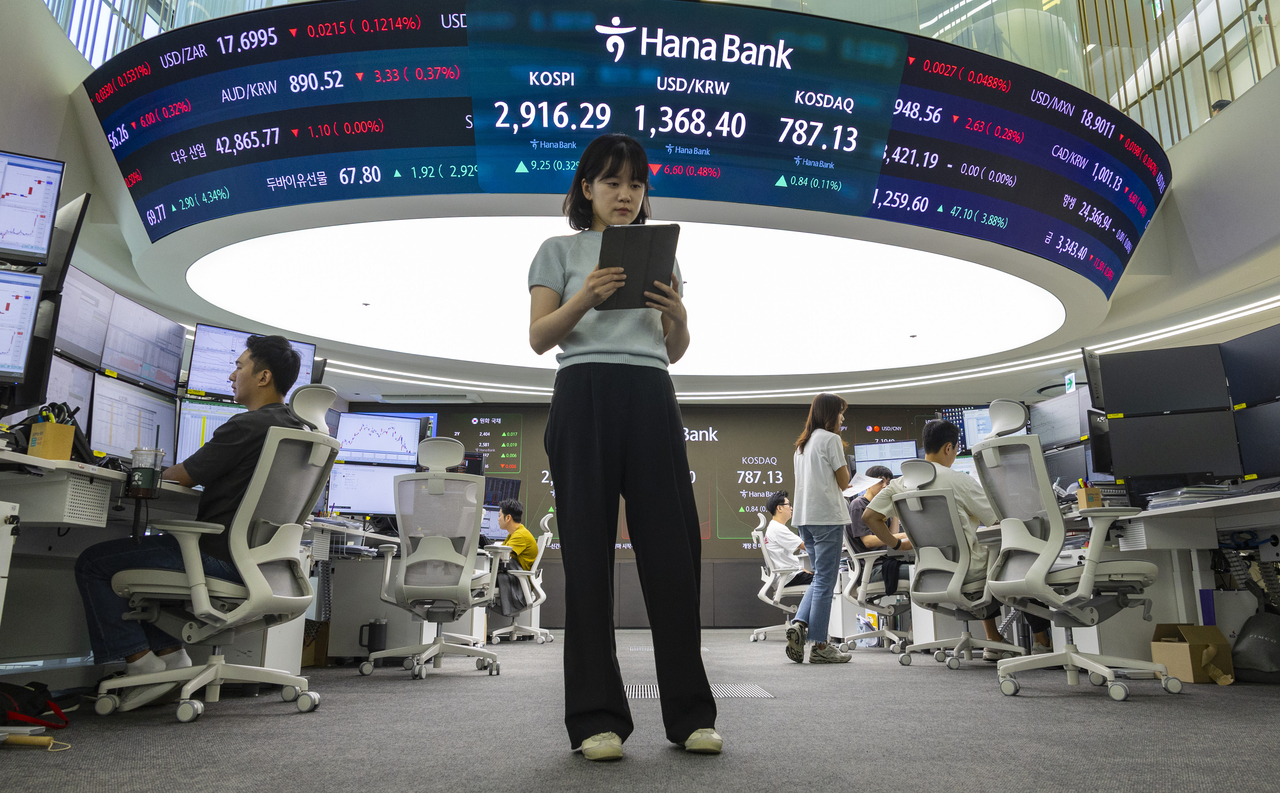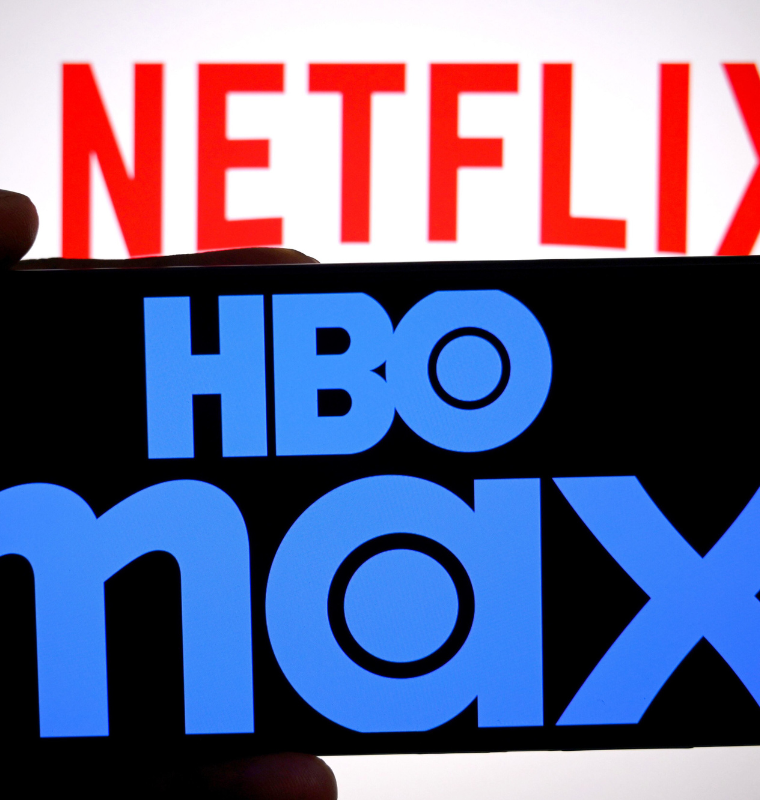Kospi Surges to New High for Third Day Amid U.S.–South Korea Trade Hopes
Kospi Surges to New High for Third Day Amid U.S.–South Korea Trade Hopes
By
David Goldfarb
Last updated:
October 17, 2025
First Published:
November 30, 2025

Photo: The Korea Herald
Market Snapshot: A Lone Bright Spot
South Korea’s benchmark Kospi index pushed to new all-time highs for the third consecutive session, riding renewed investor confidence in stalled—but still possible—trade talks with the U.S. At its intraday apex, the Kospi reached 3,794.87, before settling near the flatline late in the session. Meanwhile, the smaller-cap Kosdaq dipped 0.67%, showing some undercurrent of cautious profit-taking.
Elsewhere across Asia, markets generally wobbled under pressure from external concerns. The region saw broad-based declines amid banking jitters and global trade anxiety.
What Drove the Kospi Higher
The resilience of South Korea’s equity index seems tied to hopes that dialogues between Seoul and Washington could lead to easing trade barriers. Investors appear to be betting that a breakthrough in trade policy might unlock further gains in export- and tech-oriented sectors.
Major players in the Korean market—particularly chipmakers—have been in focus, given Korea’s heavy exposure in semiconductor supply chains. Strong performance or positive guidance from names like Samsung Electronics, SK Hynix, and others tends to ripple across the index.
Foreign capital flows also played a key role, with overseas buyers adding to the bullish momentum. In prior rallies, large net purchases from global investors have often coincided with new highs.
Regional Sentiment: Weakness Beyond Korea
Asia broadly struggled Friday. The Hang Seng Index in Hong Kong led regional losses, sliding 1.89%, dragged down by slumping tech and education stocks. On the mainland, the CSI 300 fell 1.53%. In Japan, the Nikkei 225 declined 1.42%, while Topix was down 0.95%.
Semiconductor-related pressure loomed in Taiwan, where TSMC shares slid 2.36% to NT$1,450 (≈ US$47.28) despite a third-quarter earnings beat reported after markets closed.
In China, BYD stock sank over 3% following a filing with regulators requesting a recall of ~115,000 vehicles over design and battery concerns, further adding to downward pressure on auto- and tech segments.
Australia’s S&P/ASX 200 fell 0.81%, ending at 8,995.3 and snapping a three-day win streak.
On the bright side, Singapore’s non-oil domestic exports surprised expectations in September, jumping 6.9% year-over-year (versus an expected 2.1% contraction), reversing an 11.3% drop in August. That rebound was largely led by electronics shipments and strong demand to markets like China, Hong Kong, and Taiwan.
The U.S. Factor: Wall Street Pullback and Banking Worries
Back in the U.S., markets sold off overnight, stoking risk aversion in Asia. The Dow Jones Industrial Average tumbled 301.07 points (–0.7%) to end at 45,952.24, while the S&P 500 fell 0.6% to 6,629.07, and the Nasdaq slipped 0.5% to 22,562.54.
One of the flashpoints: investor concern over hidden bad loans in regional banks and financial institutions, exacerbated by the decline of Jefferies on Thursday as it reeled under profit worries tied to loan exposure.
Futures trading on U.S. indexes registered modest losses heading into the Asian session, reinforcing a cautious tone among global equity flows.
Risks, Outlook, and What’s on Watch
While the Kospi’s streak is eye-catching, several risks temper the exuberance:
- Trade talks remain tentative. Any delay or impasse could sharply reverse sentiment.
- Sector- and company-level surprises (e.g. regulatory recalls, earnings misses) could expose fragility in tech/auto segments.
- Global macro volatility, especially in U.S. bond yields or banking stress, may spill over.
- Foreign inflows can reverse quickly if yields or systemic risk change direction.
Moving ahead, investors will keep a close eye on:
- Updates from U.S.–Korea trade negotiations
- Earnings and guidance from Korea’s semiconductors, autos, and exporters
- Capital flow trends — whether foreign buying sustains
- Global cues: U.S. monetary policy shifts, banking system health, and broader sentiment
For now, the Kospi stands out as a beacon of relative strength in Asia, but sustaining the momentum will depend on whether bullish expectations around trade and tech translate into durable fundamentals.
Popular articles
Subscribe to unlock premium content
Gilded Holidays in Fashion

How HBO Max Used the Power of Limited Series to Redefine Streaming Competition and Challenge Netflix’s Binge Culture

How Stranger Things Revolutionized Netflix and Redefined Streaming Entertainment

Gilded Holidays in Fashion

How HBO Max Used the Power of Limited Series to Redefine Streaming Competition and Challenge Netflix’s Binge Culture

Gilded Holidays in Fashion









